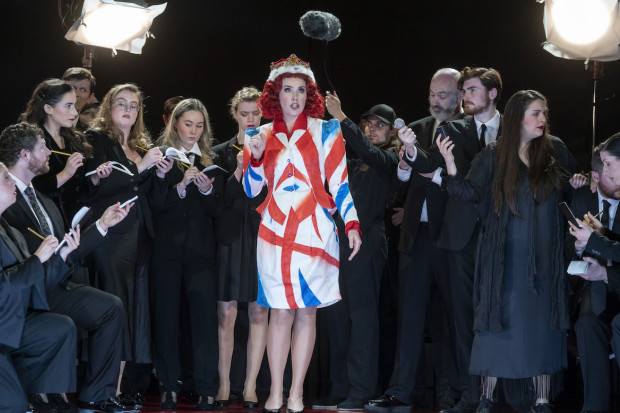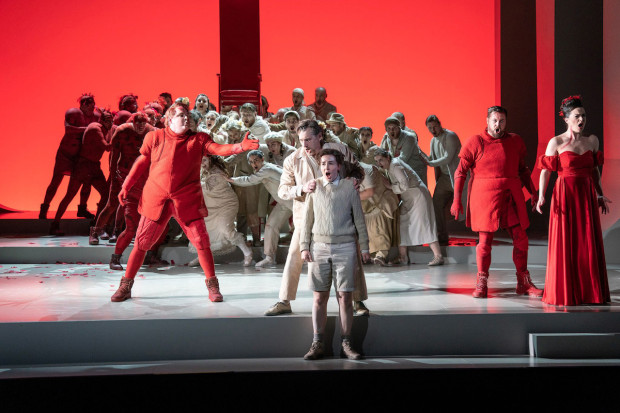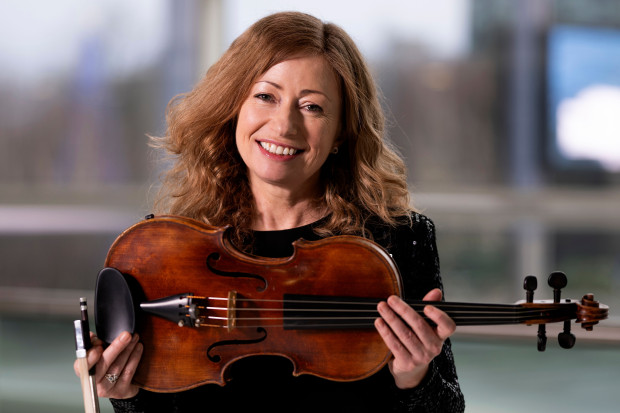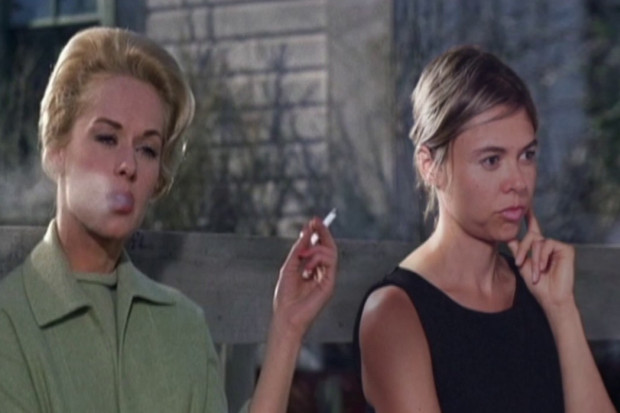
Michael Balfe
The Bohemian Life
Such is the wealth of detail contained in this all-encompassing biography that were I to follow step-by-step the dynamic lifestyle of Michael Balfe, this article would stretch the length of the book. All that I can do is touch on some of the highlights of his life, and I can assure the reader, they are legion.
He was born on Pitt Street (now Balfe Street), Dublin, in 1808 and died in England in 1870. His father was a musician-cum-dancing master, and the young Balfe delighted the music lovers of Dublin, tossing off violin recitals in the Rotunda Concert Room at the tender age of nine years. He travelled to London when he was fifteen, and despite his extreme youth, rapidly involved himself in the thriving music scene, gaining invaluable experience playing in major symphony orchestras.
Impatient to make progress, he went to Paris where he was fortunate enough to meet the ageing composer Luigi Cherubini, who took an instant liking to him. Throughout his life this young Irishman rubbed shoulders with virtually all of the great European composers and musicians of the era, who became extremely fond of and encouraging to him, with the possible exception of Frédéric Chopin, who was unimpressed. This rather startling information came to light because of a series of letters Chopin wrote to his family in Warsaw in 1845 following his attendance at a performance of the latest Balfe opera, L’Etoile de Seville (based on the story of the Castilian hero El Cid) at the prestigious Paris Opéra. Here is a quote from one letter: ‘Since I wrote to you the above lines I have been to see Balfe’s opera: completely disappointing. The singing, of course, is as good as can be, so that I regretted to see such resources wasted.’ The suggestion is that Chopin was in bad health and therefore cranky and that Balfe’s success somehow irked him.
Following an initial, rather brief, visit to Italy, he returned to Paris where Rossini took him under his wing. At this stage Balfe had developed into a very fine baritone, and for many years made a good living singing leading operatic roles throughout many of the music capitals of Europe with such stars as Malibran, Grisi, and, later on, the ‘Swedish Nightingale’ Jenny Lind, all of whom became close and supportive friends to him.
However, despite his undoubted success on the operatic stage, Balfe’s real ambition was to make his mark as a composer of opera. He is credited with a total of forty-three operas, twenty-eight of which are listed in this biography. He never stopped composing operas, occasionally creating two simultaneously at the behest of different patrons. The question is: how did he do it? During his lifetime and throughout the latter part of the nineteenth century, many of these operas were performed to tremendous public and critical acclaim particularly in Britain and the continent. The Bohemian Girl was translated into both French and German. The tragedy is that that apart from The Bohemian Girl (most notably), The Rose of Castile (performed at Wexford Opera Festival’s very first season in 1951), The Siege of Rochelle and The Maid of Artois, all of the others have, to my knowledge, long since vanished from the opera repertoire.
At the very time that Balfe was composing, he was dashing all over Europe, even as far as St Petersburg (imagine the travelling conditions then), conducting operatic performances of composers such as Donizetti, Bellini, Rossini and even Verdi, who had just come on the scene. All through these years, he was based in London, then the nerve centre of the British Empire at the height of its power, where he was dearly loved both as a great musician and a man. No less a personage than Queen Victoria was a fervent admirer and attended several performances of his operas.
Michael Balfe enjoyed a very happy marriage with a talented Austrian soprano, Lina Vogel. They had five children, two girls, both of whom married wealthy, titled men, and two boys, one who sadly died in infancy. The other son, Michael, was a complete waster, leeching on his parents without mercy. Balfe made reasonable money throughout his creative years, but was never wealthy: his was an expensive household to support, with five servants. His biggest mistake was that, for some mysterious reason (perhaps fear of the sea), he never went to America where his magnus opus, The Bohemian Girl, was performed many times with huge success. There he would have made a fortune: the diva Maria Malibran and later on Jenny Lind became rich beyond the dreams of avarice after just a few seasons in the United States.
Balfe, despite his great earlier success as a singer, had suffered intermittently from asthma all his life, and died of lung congestion at the comparatively early age of sixty-two. His wife Lina lived on for years and did his memory the signal service of bequeathing all of his creative work, including hundreds of songs, to the British Museum where they are beautifully bound and preserved to this day.
Michael Balfe has a worthy biographer in Basil Walsh, who, with meticulous scholarship, has put together this learned and fascinating work. It’s a handsome book with lovely clear print and some excellent photographs, and should prove of great interest both to the student of nineteenth-century English opera and the general reader.
Basil Walsh, Michael W. Balfe: A Unique Victorian Composer, Irish Academic Press, Dublin, 2007, 320pp, €39.50.
Published on 1 July 2008
Bernadette Greevy (1940–2008) was an international classical singer who performed on all five continents with great success and was Founder/Artistic Director of the Anna Livia Dublin International Opera Festival.

















